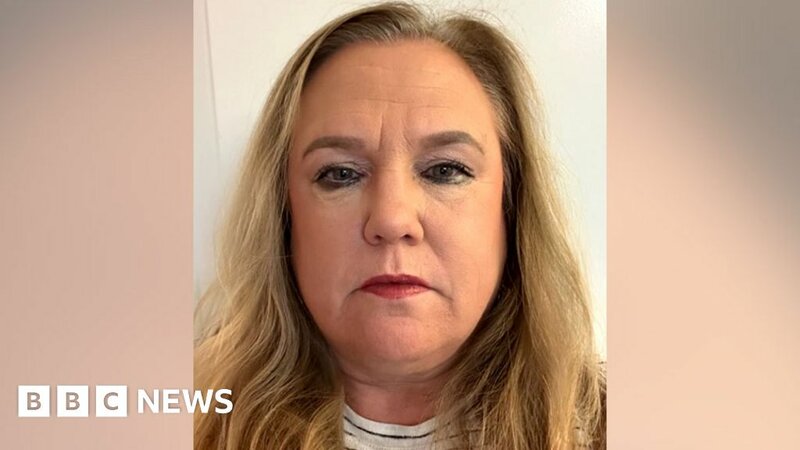A romance scam victim, a fraud expert and the writers of a new BBC thriller explain how gaslighting is used to cheat people out of their money.
After divorcing her husband of 24 years, Linda Young found herself alone in her home in a small, coastal town. Her grown-up children had finished university and were out of the house - and she didn't know too many people nearby.
She was ready for a new relationship, so she decided to try online dating. And Linda - a busy special education school administrator - soon met a handsome man on a dating website for over-50s.
In the space of just six months, however, she would be conned out of more than £120,000 ($150,000).
Through daily emails, texts and late-night phone calls, Linda recalls how she fell "head-over-heels in love" with her scammer - and the pair bonded over their shared fondness for dogs.
"He would be so loving and caring," Linda remembers. "I just couldn't stop the adrenaline rush. It was addictive. Every time my phone buzzed or a text came through from him, my whole world just lit up."
They were soon dreaming - or so she thought - about their future life together, which is when he asked for money to invest on their behalf.
From the beginning, she had a feeling it wasn't right to be sending him money, but he would reassure and emotionally manipulate her, saying: "But we're just investing in our future. All of this will come back to us."
Linda looks back at her experience as a "temporary insanity" and says she was "under his spell".
Gaslighting - manipulating someone into questioning their own sanity - can be a common technique to cheat people out of their money, says Lisa Mills, romance fraud expert at the charity Victim Support.
"This anguish takes a huge toll on their mental and physical health," she adds.
For Ginny Skinner, who co-wrote the BBC drama series The Following Events Are Based on a Pack of Lies all about the tangled web of deception and manipulation involved in romance scams, a central theme in these cases is the "profoundly frightening experience" of gaslighting. It is something she and her fellow writer, her sister Penelope, encountered while speaking to real-life victims as part of their research.



 Fraud
Fraud



